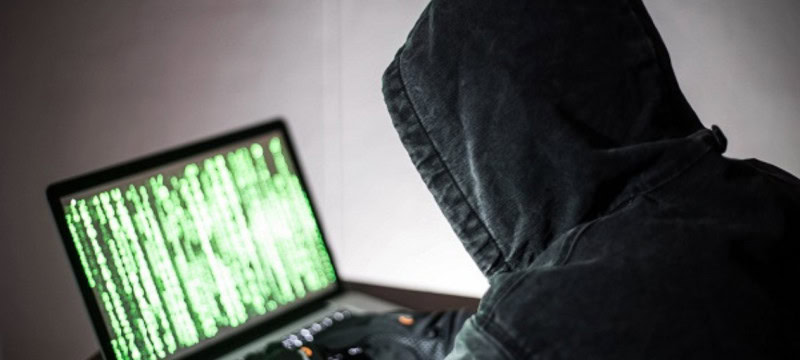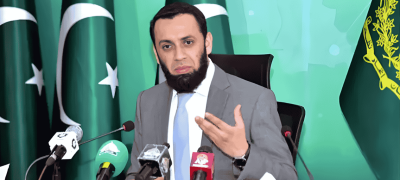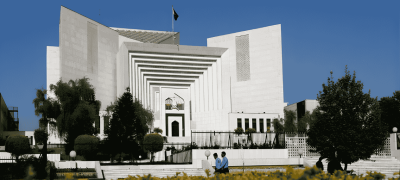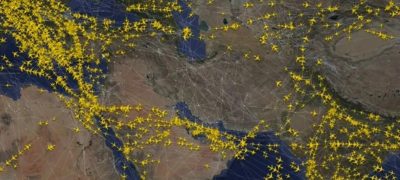The federal government has approved the Inter-Services Intelligence (ISI) to intercept and trace calls and messages in cases related to national security, according to sources from News.
Under Section 54 of the Telecommunication (Re-organization) Act 1996, a designated ISI officer, not below grade 18, is authorized to carry out these activities. This section allows the government to authorize interception and tracing of communications for national security purposes, giving priority to national defense or security needs over telecommunications licensees.
Read more: Pakistan Interior Ministry Explains Reasons For Banning X
A notification issued by the Ministry of Information states that ISI-nominated officers will intercept calls or messages and trace communications through any communication system as needed to prevent offenses and ensure national security.
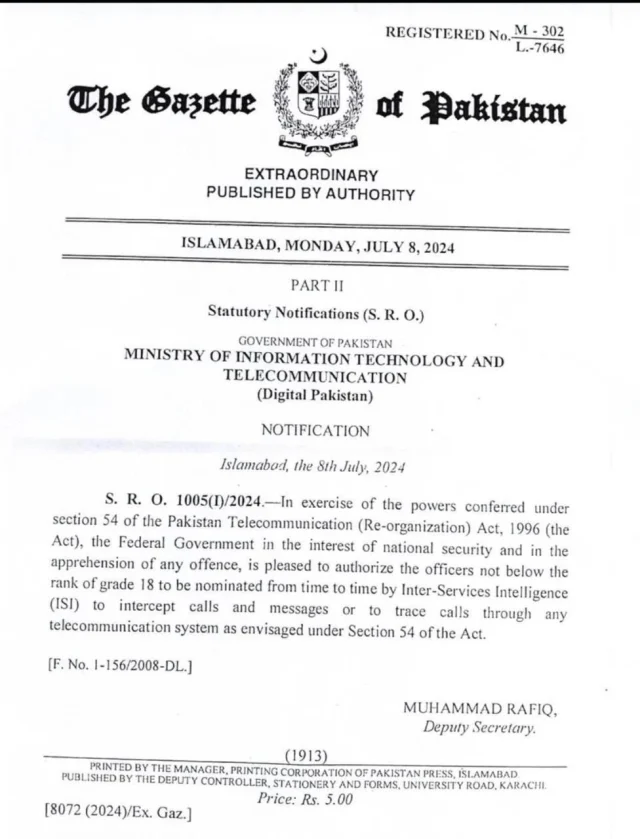
This move aligns with Prime Minister Shehbaz Sharif’s government’s efforts to strengthen social media regulations due to national security concerns, including the ongoing ban on a popular social media platform, X.
In May, PM Shehbaz approved amendments to the Prevention of Electronic Crimes Act (PECA) 2016, proposing the establishment of a Digital Rights Protection Authority. Additionally, the government is implementing a national firewall across various internet service providers (ISPs) to monitor and filter social media content deemed undesirable.
According to The News, the firewall aims to identify the origin of propaganda and limit its dissemination. An official familiar with the matter emphasized the firewall’s role in blocking harmful content at its source.
A keyword filtering system will be implemented to identify content deemed undesirable or threatening to national security. This system will function as an information inspector, potentially hiding disguised posts from public view. All dissenting voices, both domestic and international, are expected to undergo scrutiny before their posts can be visible.
The filtering mechanism will operate on major social media platforms such as Facebook, YouTube, and X (formerly Twitter). Efforts are also underway to prevent the misuse of Virtual Private Networks (VPNs), with potential plans for citizens to report their VPN usage to the Pakistan Telecommunication Authority (PTA) under mandatory requirements.
When approached for comments, both the PTA and Minister of State for IT Shaza Fatima Khawaja declined to respond. However, a ministry spokesperson indicated that the firewall’s implementation falls under the PTA’s jurisdiction, while the PTA spokesperson asserted it as the ministry’s project, implying their authority to address firewall-related inquiries.
Additionally, the PTA recently proposed a regulatory framework necessitating all Over-The-Top (OTT) services like YouTube, Netflix, WhatsApp, Facebook, and X to obtain a 15-year local license. According to the draft, OTT services would be required to comply with this authorization framework within a year, and those without PTA approval would be considered illegal.


